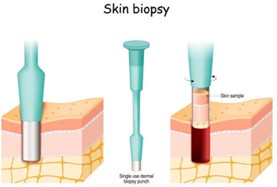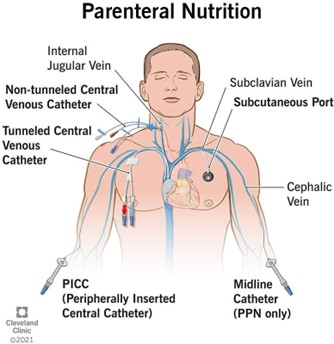In which situation is the nurse determined to be negligent?
The nurse provides written and verbal instructions prior to discharge. When at home the client began to take the wrong medication.
The nurse hangs a new bag of IV fluids 1 hour early and does not count what is remaining in the bag on the fluid record.
The nurse gives medication to another nurse to give to a client and the wrong client receives the medication and becomes ill.
A client becomes confused and combative and pulls out the IV. The nurse calls the health care provider to change the behavior.
The Correct Answer is C
Negligence is a failure to act in a reasonable and prudent manner that results in harm or injury to another person. In option c), the nurse did not exercise reasonable care in ensuring that the medication was given to the correct patient, which resulted in harm to the wrong patient.
The other options (a, b, and d) do not involve a failure to act in a reasonable and prudent manner that caused harm or injury to the client. In option a), the nurse provided written and verbal instructions, but the client did not follow them, which is beyond the nurse's control.
In option b), the nurse made an error in documenting the fluid count, which is a documentation error, not negligence. In option d), the nurse acted appropriately by calling the healthcare provider to change the client's behavior, and the situation does not involve negligence.
Nursing Test Bank
Naxlex Comprehensive Predictor Exams
Related Questions
Correct Answer is D
Explanation
After an incisional biopsy of a skin lesion, the client should be instructed to keep the suture area covered with gauze to protect it from irritation and infection. The area should be kept clean and dry, but cleansing with hydrogen peroxide is not necessary and may actually delay healing. The use of hydrocortisone cream is not recommended as it may interfere with wound healing. The area should not be left open to air as this may increase the risk of infection. The client should also be instructed to avoid strenuous activity and lifting heavy objects until the site has fully healed.

Correct Answer is A
Explanation
Total parenteral nutrition (TPN) is a form of nutrition that is administered intravenously when a client is unable to eat or absorb nutrients orally or enterally. TPN solutions contain a high concentration of glucose, which provides the body with energy. Therefore, the nurse must closely monitor the client's glucose levels, as TPN can cause hyperglycemia (high blood sugar levels).
Frequent monitoring of blood glucose levels is necessary to ensure that the client's blood sugar stays within an acceptable range. Hyperglycemia can lead to a variety of complications, including dehydration, electrolyte imbalances, and damage to organs such as the kidneys and eyes. If the client's blood glucose levels are consistently high, adjustments to the TPN solution may be necessary, or insulin may need to be administered to help regulate blood sugar levels.
Therefore, glucose is the laboratory result that the nurse must closely monitor when a client is receiving TPN via a central venous access device (CVAD).

Whether you are a student looking to ace your exams or a practicing nurse seeking to enhance your expertise , our nursing education contents will empower you with the confidence and competence to make a difference in the lives of patients and become a respected leader in the healthcare field.
Visit Naxlex, invest in your future and unlock endless possibilities with our unparalleled nursing education contents today
Report Wrong Answer on the Current Question
Do you disagree with the answer? If yes, what is your expected answer? Explain.
Kindly be descriptive with the issue you are facing.
